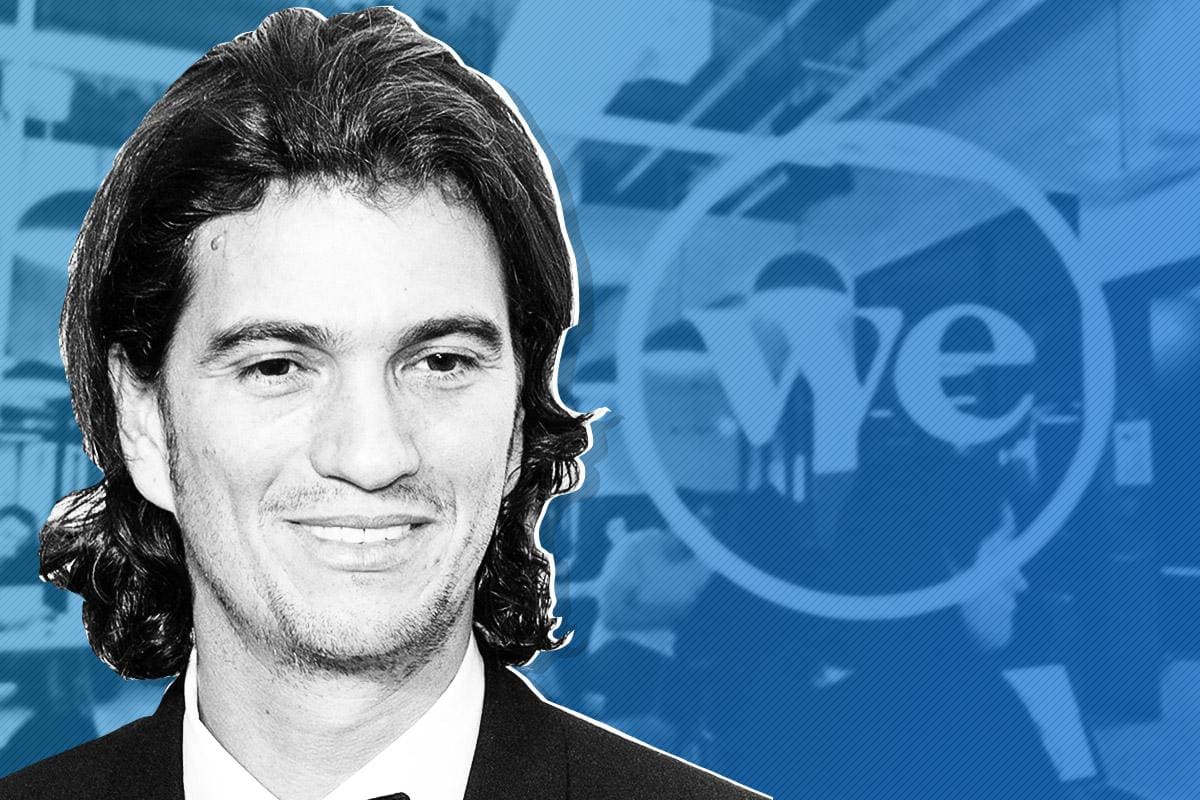
The business world is full of second chances.
Plenty of founders failed but got second chances from investors. The idea, say second-chance supporters, is that founders must be encouraged to fail, restart, fail again, restart, and eventually succeed.
The example of a second chance that paid off big time is Henry Ford, who had two bankruptcies before breaking through.
In 1901, Detroit Automobile Co., the company Ford had founded two years earlier, had to file for bankruptcy because of the poor quality and high prices of its vehicles.
Henry Ford: Second Bankruptcy
Ford faced a second bankruptcy in 1903 when he founded Ford Motor Co. Yielding to pressure from his 12 associates and financial backers, who had granted him capital of $28,000 to launch the company, Ford unveiled his first production model in 1903: the Model A.
But this time, Ford learned that it was not enough to create; it was also necessary to pay the suppliers, if one wanted to assemble the cars to be delivered to potential customers. The costs of developing and producing the Model A were high. In July 1903, after paying his suppliers and not selling a single car, only $223.65 remained in Ford Motor's coffers.
The company received an order and a down payment and also secured a loan from a group of investors. It was then able to rebound and became a huge success.
The example of Henry Ford is cited by supporters of second chances to startup founders. It is even a point of pride in the American business world because Ford transformed our way of life thanks to his practical and accessible cars. He invented modern, mass-production methods that became the benchmark for industrial practices during the first half of the 20th century.
But investors also say that not all second chances end very well. Elon Musk, one of the greatest serial entrepreneurs, believes, for example, that the second chance given to Adam Neumann, the disgraced founder of WeWork, is a bad idea.
In a thread on Twitter, a user posted a video of what appears to be Neumann explaining the idea behind Flow, his new company. The former CEO of WeWork accompanies his explanations with large hand gestures. It's hard to understand his logic.
Musk Does Not Buy What Neumann Is Selling
"So number one: management company branded technology first," Neumann explained in the video. "Number two real estate asset management company, that can buy real estate and asset manage real estate; number three financial services. And the fourth pillar is this mechanism that's going to take some of the value and share it with the value creators."
He continued: "And those users are going to start using our financial services. Now the reason they're going to use the financial services is that payments company that's charging your rent already has a real relationship with the user. And then, if we are able to take this value-creating mechanisms and share with the residents, a portion of the value, is going to make them feel ownership."
"If you're in your apartment building, and you're a renter and your toilet gets clogged, you call the super. If you're in your own apartment and you bought it and you own it and your toilet gets clogged, you take the plunger. And it's the difference from feeling like you own something to just feeling like you're renting. From being transactional to actually being part of a community."
Neumann's monologue appears incomprehensible. For Musk, this all amounts to a kind of mental gymnastic that leads nowhere. He does not hesitate to use the eggplant emoji to support his criticism and warning. The eggplant emoji is often used on social media to represent a penis.
"Imagine this is your 🍆 … now I will explain with my hands," Musk commented.
Basically, Musk seems to sum up Neumann's idea as bullshit, wind.
Neumann made a comeback last August with the new Flow startup. He had raised $350 million from venture-capital firm Andreessen Horowitz, valuing his new venture at $1 billion. This is a record for a first round of funding.
The script had a bit of deja vu. Neumann, a charismatic young entrepreneur, had already proposed a revolutionary approach to commercial real estate, putting sharing at the center of his concept.
For this, he had benefited from the support of prestigious institutional investors such as Softbank (SFBQF) . But the adventure turned into a nightmare for investors.
Flow, his new company, is halfway between renting and buying housing. It is based, like WeWork, on sharing. Neumann has said Flow wants to solve the housing crisis.







